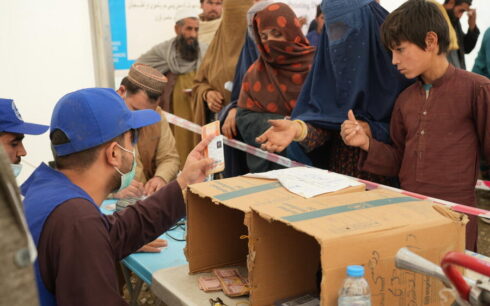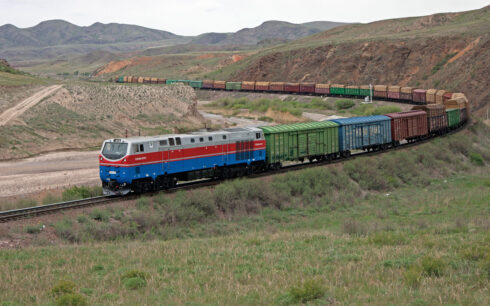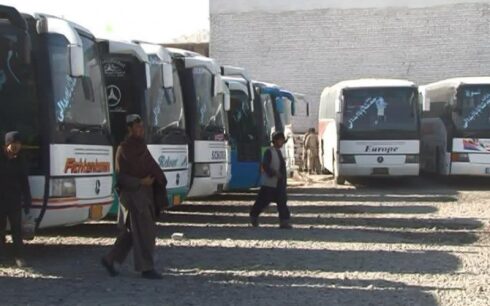Afghanistan ranked 109th out of 121 countries in the Global Hunger Index 2022, much behind other South Asia neighbors, with the child wasting rate of 38 percent, the highest in the region
With a score of 29.9, Afghanistan has a level of hunger that is serious.
Afghanistan is experiencing drought, political and economic instability, extreme poverty, and the consequences of the global rise in food and fuel prices made worse by the war in Ukraine, which together may result in higher stunting rates in years to come, according to a report by two international research organizations.
As of May 2022, UNICEF estimates that 1.1 million Afghan children will need treatment for acute malnutrition in 2022 alone.
Afghanistan scored 29.9 on the Global Hunger Index, classifying it under the ‘serious’ category. Other countries in the same classification include India (29.1), Pakistan (26.1), Zambia (29.3), Botswana (20), Sudan (28.8), Ethiopia (27.6) and Mali (23.2).
The Global Hunger Index is calculated based on four key indicators to gauge and track hunger at global, regional, and national levels. #
These indicators are undernourishment, child stunting, child wasting and child mortality.
‘Increasing’ hunger
A year after the fall of the previous government to the Taliban, commodities prices have had an unprecedented increase.
The International Committee of the Red Cross has said that the political developments in the past year have caused thousands of people in the country to lose their jobs, facing many problems.
Referring to the increase in food item prices, Kabul residents said there hasn’t been enough control over commodities prices in local markets.
A street vendor in Kabul, Gul Rahim, said he earns at least 150 AFN ($1.5) a day which is not enough to afford the basic needs of his family.
Hamid Ahmadi, a former government employee, said he lost his job after the fall of Kabul and has been facing huge economic problems since then.
“With the Taliban takeover, there is no price cap for food items and shopkeepers sell it at whatever price they want,” he said.
Many businesses have stopped operations over the past year after major political changes in the country, leaving thousands unemployed.
“The economic situation in Afghanistan or the economic markets in Afghanistan during the republic was managed by the mafia, which continues to this day. Afghanistan relies on imports,” said Abdul Nasir Reshtia Mullakhil, an economic affairs analyst.
UN has warned that record levels of hunger persist in Afghanistan as lingering drought and the deep economic crisis continue to threaten lives and livelihoods.





